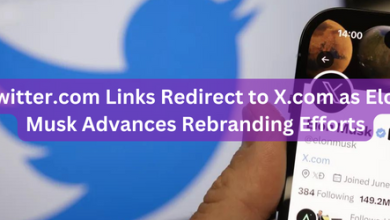True That Fast Charging Depletes Battery Life?

Fast charging is supported by the most, if not all, of the current smartphones on the market. Charging speeds are increasing from 7W to 25W, and who doesn’t want to charge their phone in minutes?
Every few months, it seems like a new company introduces the fastest-charging smartphone ever. iPhone charged at five watts years ago; hich was considered conventional at the time, and took around two and a half hours to charge from zero to one hundred percent. Also, came the Pixel, which offered super-fast charging at 18 watts, and the iPhone was shortly upgraded to 20 watts.
Oppo showcased a smartphone; A smartphone that could charge at a theoretical 240 watts and charge from 0 to 100 in nine minutes. That’s crazy.
This raises the question of whether or not this is suitable for my phone. Isn’t it going to overheat considering the rate at which these chargers charge my phone? There are a lot of questions, and we’ll try to answer them in this blog post.
What is Fast Charging?
The term “fast charge” refers to the process of charging a battery from 0 to 100 percent in a short amount of time. However, It provides the battery with the power it requires faster and in less time than the typical hardware load. The current flow is usually controlled by the charge controller inside the battery to protect against dangerous unexpected spikes. The controller within the battery measures the battery’s cell current and voltage in a different way for fast charging. It allows more current to flow in, similar to how a door would widen to allow more current to flow in, making room fill up faster.
A few things to consider when it comes to battery depletion.
Let’s talk about battery depletion and the factors that cause it, which are overheating, overloading, and high current, and we’ll get into it right away.
High Current.
When you use an incompatible power adapter or charge your phone too quickly, you may experience high current. It can result in a short circuit or even an explosion in extreme circumstances. Although it is difficult to prevent high current from limiting a battery’s life, most modern batteries now have built-in controllers to safeguard them from catastrophic harm.
Overheating.
The health of all people, as well as the life of our technologies, such as phone batteries, is dependent on the environment. When the temperature of a battery rises too high; Whether due to overcharging/discharging or the outside temperature, the performance of your phone and its battery suffers significantly. The battery may enlarge or even explode under certain situations.
The chemical reactions that take place inside a battery are affected by temperature changes. Chemical reactions inside the battery speed up as the battery’s temperature rises.
Overcharging.
We overcharge our phones from time to time, and all we do at that time is generate additional heat, which we already know is a factor that reduces battery life. However, we shouldn’t be concerned about this. If you use the original phone charger, this is usually not an issue. When the battery is fully charged, the power supply turns off the charging circuit, and the battery is no longer charged.
Is fast charging reducing the battery life of your phone?
In conclusion, Yes, it has an impact on battery life. Fast charging is designed to minimize the damage as much as possible, however higher current produces more heat, and heat shortens the life of the battery. However, the impact is much smaller than it appears, thus the additional gain balances the disadvantage.







